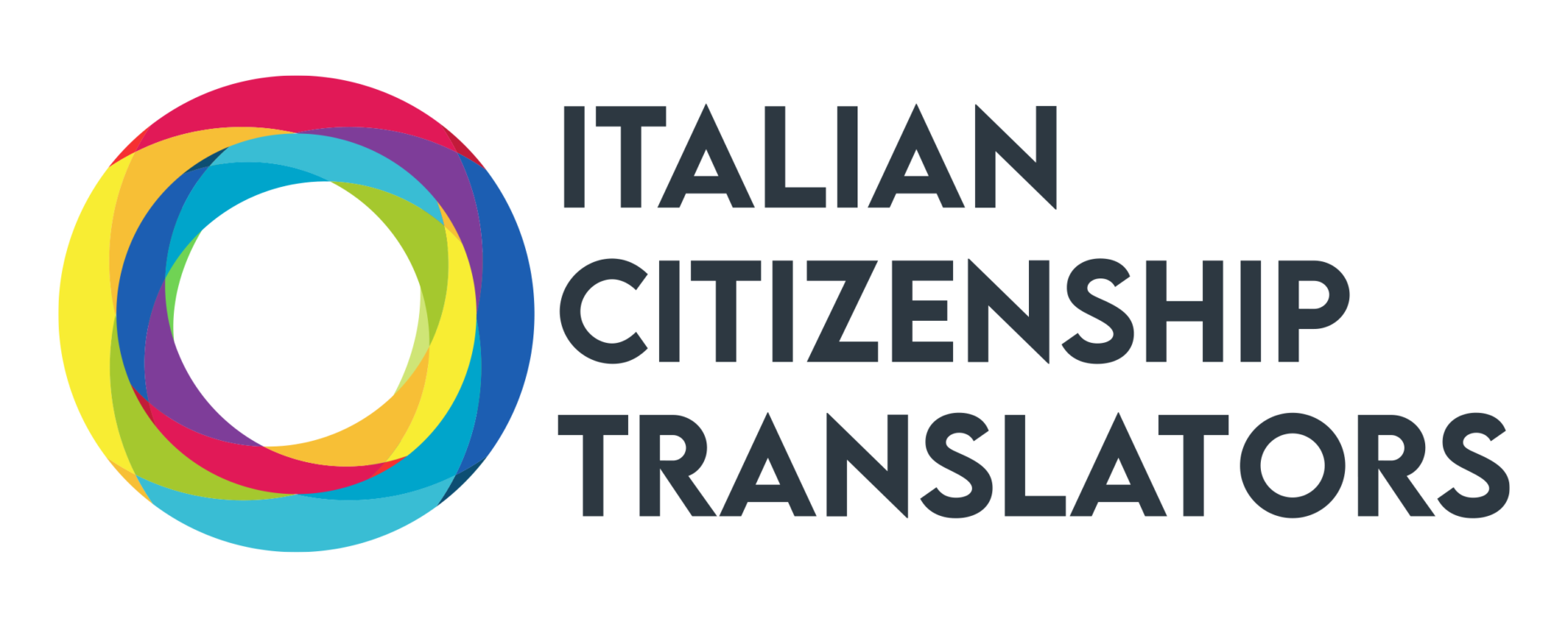
What is the Difference Between Interpreters and Translators?
In the world of linguistics, interpreters and translators occupy very different spaces. Both equally important, their roles cover different needs and sectors in the field of cross-cultural communication. What are these differences? Is there any overlap? Most importantly—which one do you need for your citizenship application? We cover these topics and more below.
Differences in practice
The primary and most important difference between interpreters and translators is in their practice. At the most basic, fundamental level, interpreters deal with oral translations while translators deal with written ones. Interpretation also takes place in real time, and they don’t get to use dictionaries and computers to assist them. Consequently, there is less of an emphasis on accuracy on their part, though of course their ultimate goal is to transfer the meaning from one language to another as smoothly and clearly as possible. There is also another level of communication that interpreters must tackle: tone, inflections, and other things that come into play with spoken conversation. This requires an advanced skillset and is why interpreters are typically fluent in both languages, while translators don’t always have to be.
Translators, as mentioned, work with written texts. Unlike interpreters, they can use aids with their work and have time on their side. Translators also don’t usually have to work back-and-forth in the way interpreters do; they can translate in just one direction, which is usually their native language.
Another general difference between the two is that translators utilize reading comprehension skills, while interpreters utilize listening skills and memory.
Differences in training
To become a translator requires, of course, a fluent understanding of at least one other language other than one’s native language. It is most useful to have degrees in translation and/or a related field like linguistics, or even the source language itself. There are also postgraduate course opportunities for such specialties. Along with the language, it is useful to be knowledgeable about the culture of the country. For this reason, a prospective translator should spend some time in the country, if possible.
Some countries might also have specific kinds of standards and certifications. For example, while not necessarily required, one can take an exam to become part of the American Translators Association in the U.S. This can bolster one’s credibility.
Depending on what kinds of texts the translator covers, specialist knowledge about the subject area might also be required. For instance, our translators here at ICT are knowledgeable not only about the source language (e.g. English) but also about the precise, technical legal terminology that they work with in documents involving citizenship applications, like vital records and court orders. This involves quite a specific lexicon and a meticulous, sharp eye for every little detail. Other important areas of specialization open to translators include medicine and finance.
Finally, translators must have excellent writing skills in their native language. Practicing these skills by reading numerous texts in the area one translates in is vital.
Interpreters, on the other hand, do need to be bilingual, have a native (or near-native) knowledge of both the source and target languages. This is because, as mentioned above, they work in both directions (e.g. from English to Italian, and from Italian to English) and in real time, without much time to work on the translation and perfect it. Having a master’s degree and/or other certification in interpretation is still crucial. Maintaining one’s language skills is also important.
Subspecialties for interpretation include medicine, tourism, immigration, business, and law. There are many certifications specifically for these fields, such as the National Board of Certification for Medical Interpreters. Another important subspecialty is sign language.
Finally, just as translators must have excellent writing skills, interpreters need to have great interpersonal communication skills, on a fundamental level. This means being able to communicate effectively with people and being kind and professional in a variety of settings.
Which one do you need for your citizenship application?
By this point, it might seem clear that a translator is most useful for your citizenship application, and this is certainly true. Our translators at ICT are competent in translating vital records, Apostilles (if needed), and any other documents that need to be in Italian. Our translators are well-versed in legal matters, and we have sworn translators on our team as well, those who have gone through extra certification to be registered with the local Chamber of Commerce and are able to legally swear that their translations are accurate.
However, an interpreter might also be needed. If you are applying for citizenship via an Italian municipality, or otherwise find yourself in contact with someone who does not speak your native language, you will need an interpreter. In fact, in some situations, it is legally required to have an interpreter if you do not have a competent understanding of Italian.
Another instance in which an interpreter might be needed is if you plan to purchase property in Italy. From communicating with a real estate agent or seller, to understanding Italian contracts, an interpreter would be indispensable. Italian contracts in particular utilize a very complex, unique lexicon that even native speakers not trained in the field find difficult.
Conclusion
Translation and interpretation are often used interchangeably, but in reality, the two professions are quite different. This article has sought to highlight such differences and explain in which situations which profession would be the most useful to you on your journey to Italian citizenship (and potentially also property ownership). Here at Italian Citizenship Translators, we are proud to have a team of dedicated, qualified professionals ready to assist you with your citizenship application. Contact us today at info@italiancitizenshiptranslators.com.
